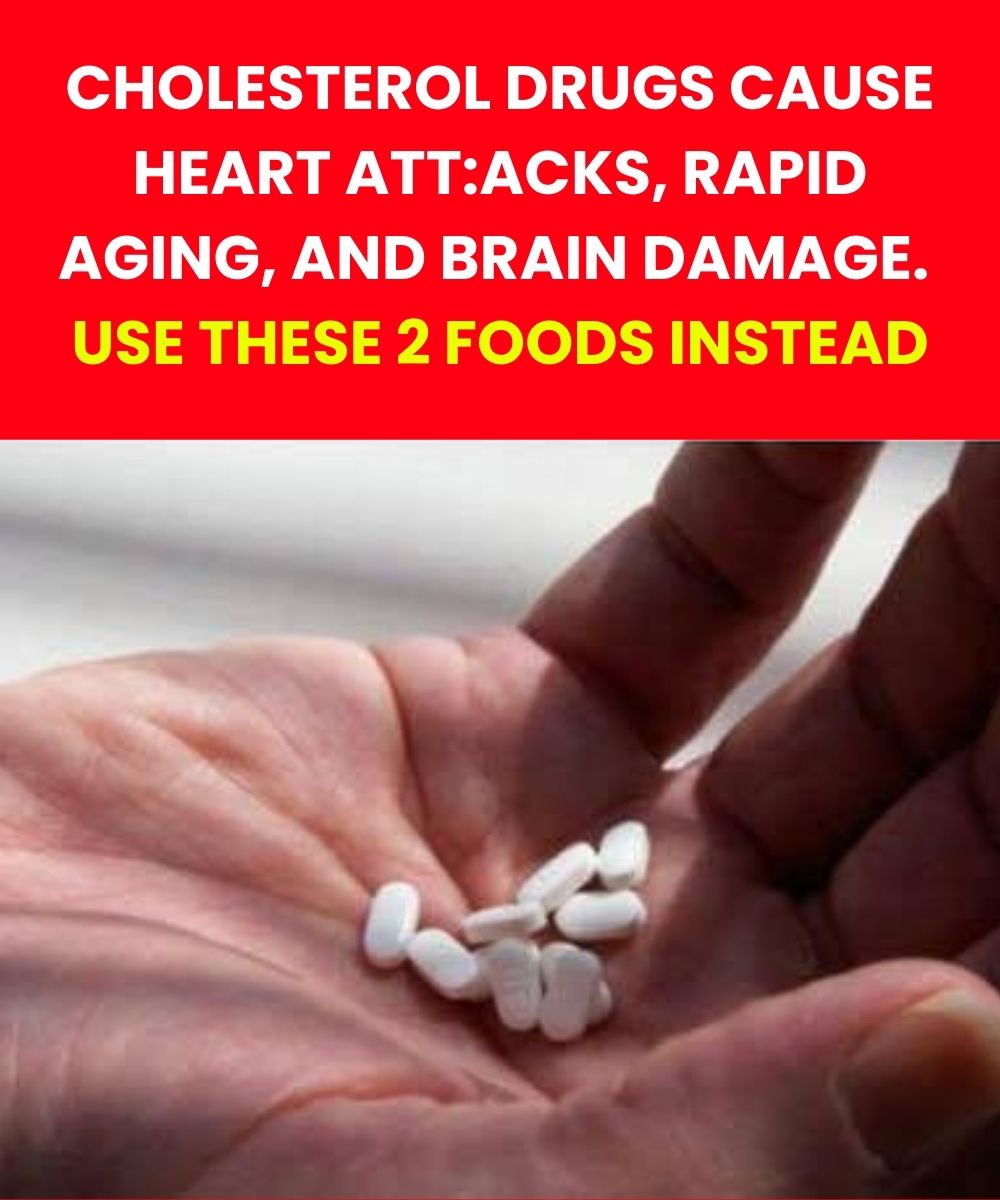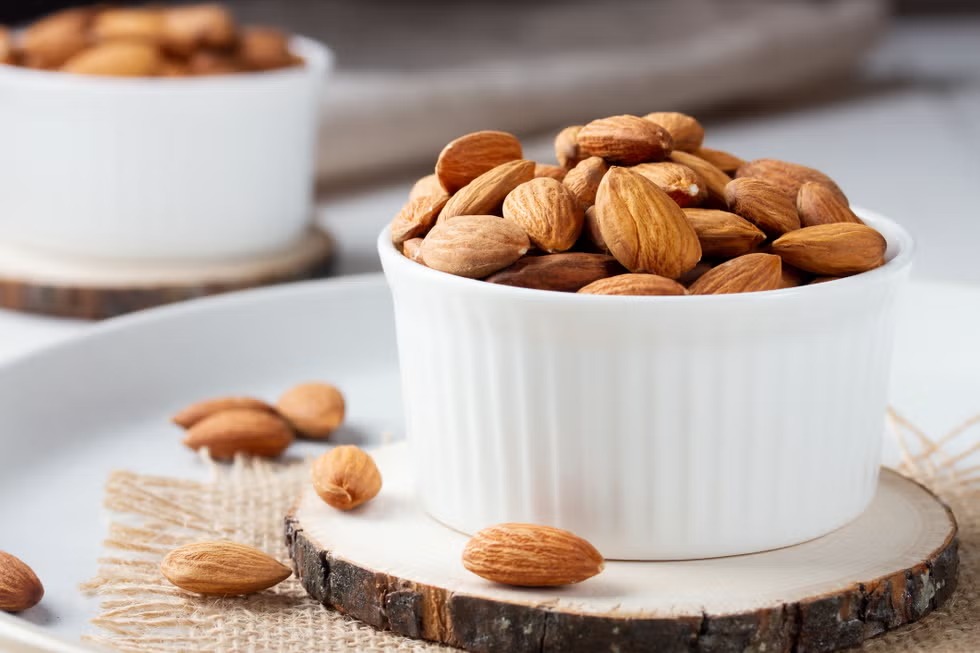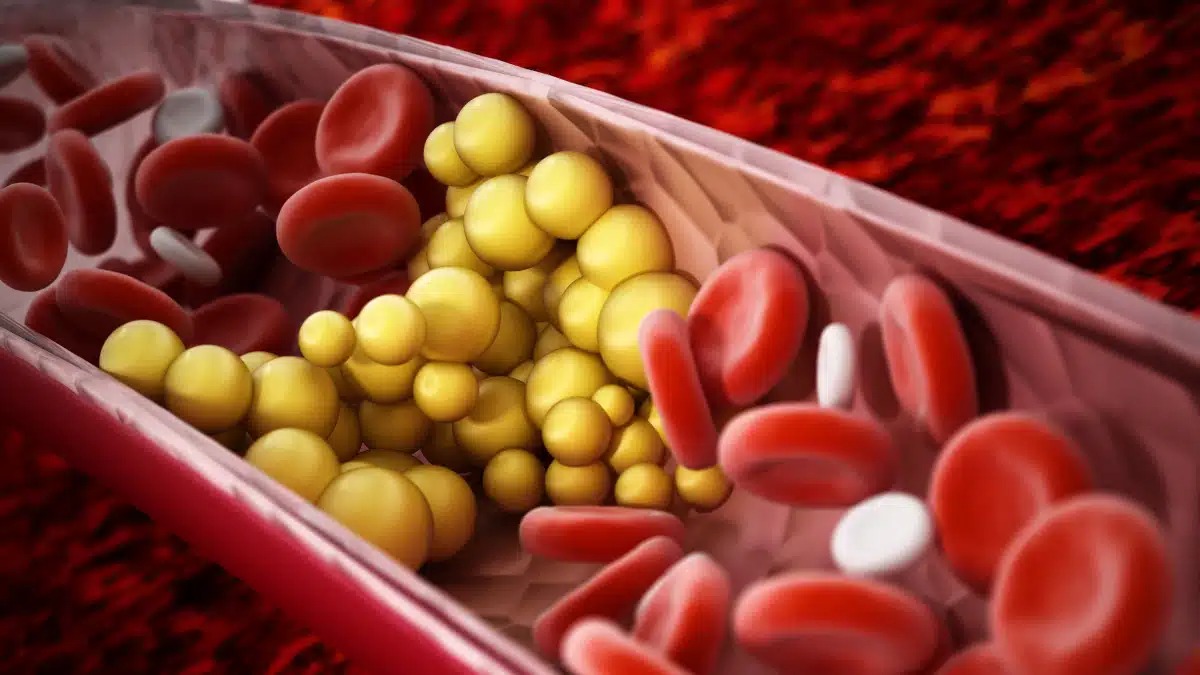
If you’re worried about high cholesterol or overall heart health, you’re not alone. Many people feel anxious about the idea of taking medication or get caught up in viral claims about “miracle cures.” But the truth is, real research shows that everyday food choices, alongside medical care, can make a meaningful difference for your heart.
Yes, cholesterol-lowering medications such as statins are safe and effective for many people. But diet plays an important role, too. In fact, two foods in particular have been consistently shown to lower LDL (“bad”) cholesterol and support cardiovascular health.
1. Nuts (Especially Walnuts and Almonds)

What the research shows:
- A 2020 review in The American Journal of Clinical Nutrition found that eating a handful of nuts daily lowered LDL cholesterol by around 5%.
- Walnuts are rich in omega-3 fatty acids, which reduce inflammation and improve blood vessel function.
- Regular nut consumption also boosts HDL (“good”) cholesterol and reduces oxidative stress.
How to include them:
- Aim for about 1 ounce (a small handful) per day.
- Add to oatmeal, yogurt, or salads.
- Choose raw or dry-roasted varieties; avoid those coated in sugar or salt.
2. Oats and Whole Grains (Especially Oatmeal)
What the research shows:
- Oats are high in beta-glucan, a soluble fiber that binds cholesterol and helps remove it from the body.
- The FDA has approved a health claim that “3 grams of soluble fiber from oats per day may reduce the risk of heart disease.”
- Clinical studies show oatmeal can lower LDL cholesterol by 5–10% in just six weeks.
How to include them:
- Eat 1–2 servings of steel-cut or rolled oats daily.
- Avoid instant packets with added sugars.
- Top with berries, nuts, or spices like cinnamon for extra benefits.
Should You Stop Taking Cholesterol Medication?

Never stop taking prescribed medication without consulting your doctor.
Statins and other cholesterol-lowering drugs:
- Reduce heart attack risk by 25–35%
- Lower stroke risk by up to 48%
- Are recommended by the American Heart Association and the World Health Organization for high-risk patients
What You Can Do Today
- Talk with your doctor before making any changes to your treatment.
- Add at least one heart-healthy food, like oats or nuts, into your daily diet.
- Schedule regular blood tests to monitor cholesterol and liver function.
- Support your heart with lifestyle habits: exercise, stress management, and quality sleep.